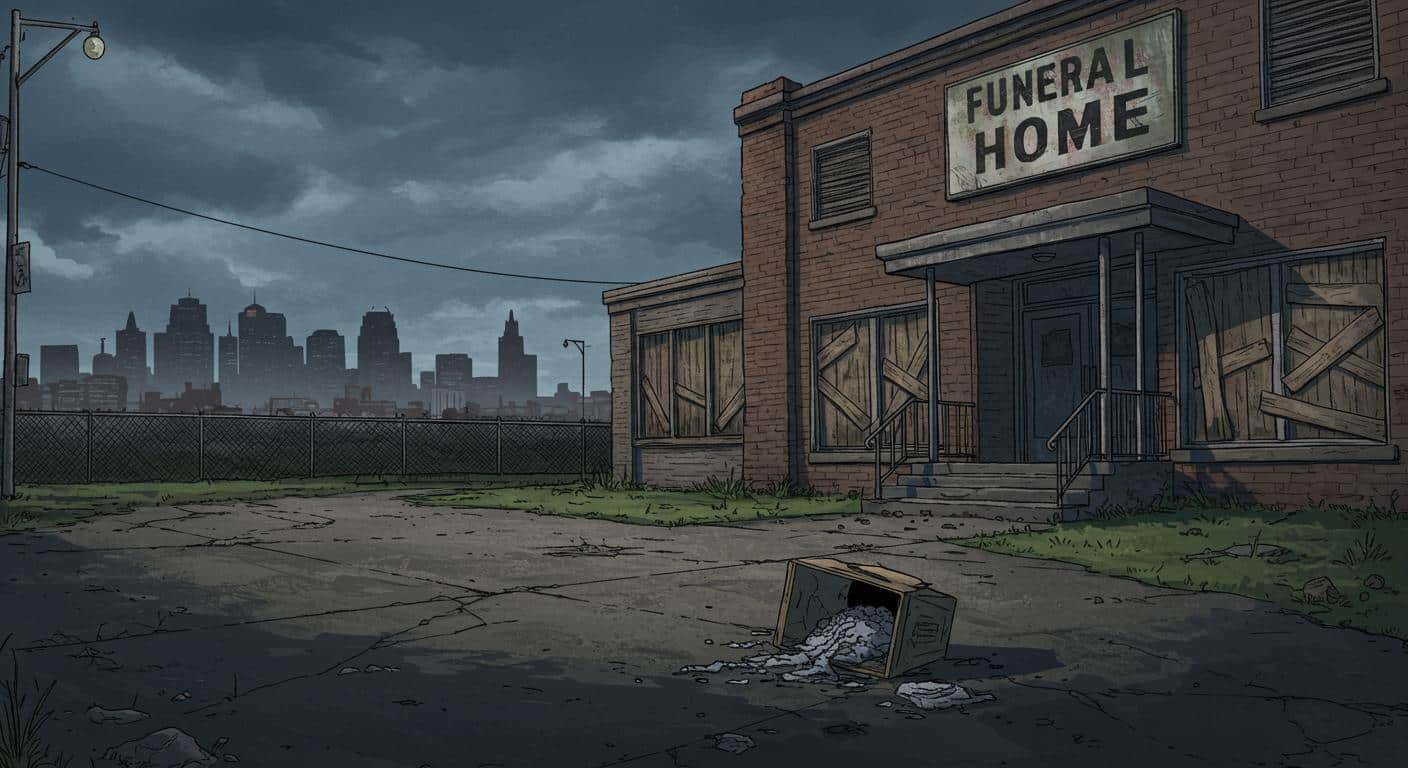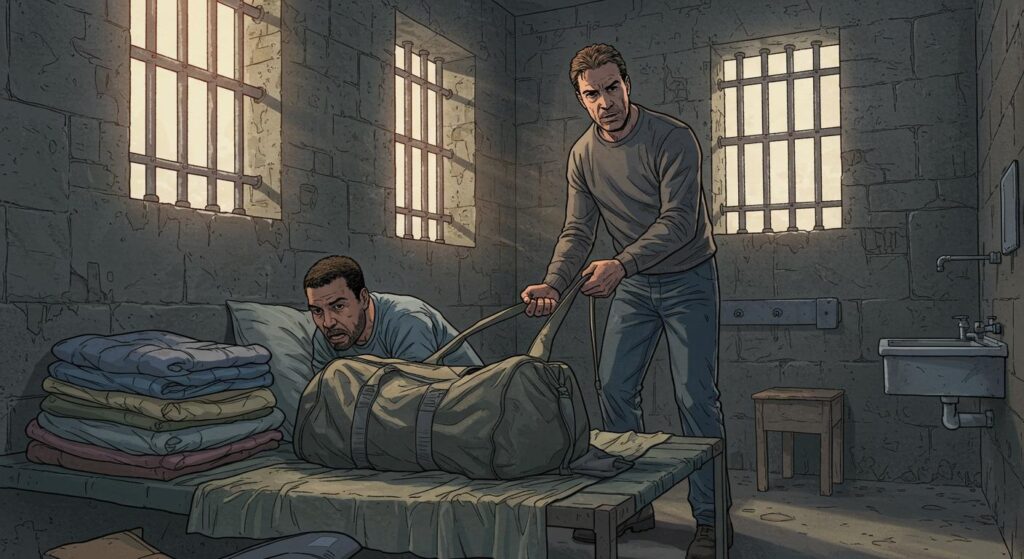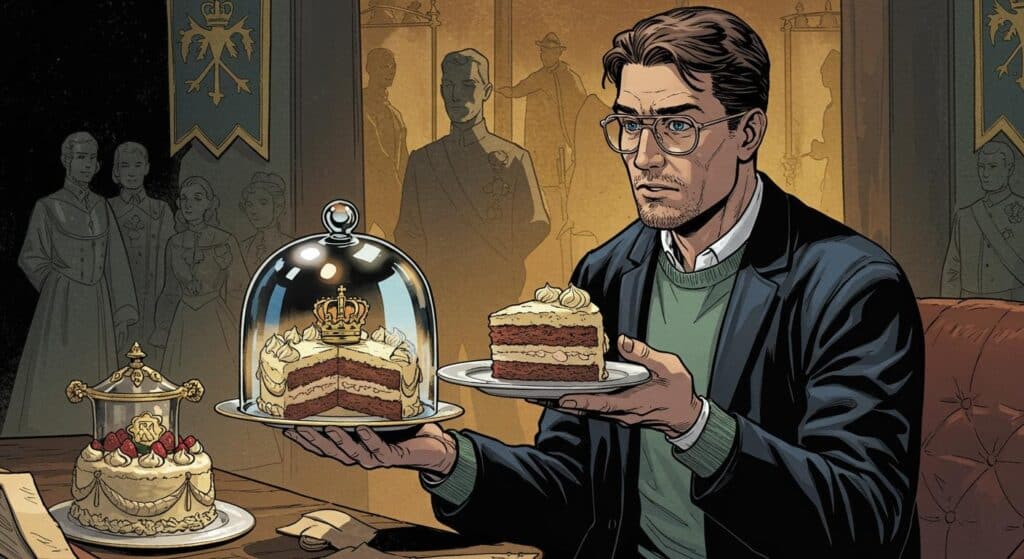Every so often, a story surfaces that manages to be both profoundly unsettling and absurdly procedural—a kind of bureaucratic horror with a human pulse. That’s precisely the feeling radiating from the recent discovery outside Savory and Sons Funeral Home in Kansas City, where, as documented by FOX4 Kansas City and further detailed by NewsNation, seventeen containers of human ashes—some in boxes, some not even fitting that small courtesy—were found abandoned in the parking lot. If anyone needed proof that the surreal is never far away, well, here it is, parked between a broom and an orange cone.
Not Exactly the Lost & Found Desk
Both outlets describe an odd sort of still life behind the locked gates of Savory and Sons: chains limiting access, traffic cones offering false reassurance, and a broom with unclear purpose. These props weren’t there to protect the real valuables. It was concern from a local resident named Michael Lee that prompted this episode; after receiving a call about discarded ashes, he showed up to find boxes with first and last names, a plastic container off to the side, and—of all things—two memorial jewelry boxes mixed in. In accounts provided by Lee and cited in both FOX4 and NewsNation, some boxes had been out there long enough to contain the residue of a decade-old loss, while most named individuals who died just last year.
Described in interviews from both sources, Lee’s efforts were not met with much help. Neither the police nor the medical examiner’s office were willing to intervene, leaving him in the odd position of playing both good Samaritan and accidental courier. As he explained on FOX4, “As you can see, there are 17 individuals. Someone’s loved ones that are in the back of my vehicle.” Even if you’re a practiced collector of oddities, that sentence has a particular sting.
Before leaving, Lee realized there was one more container—this one identified only by a note reading “Michael Hughes, red and gold urn.” No official tag, no attempt at dignity.
Administrative Closure, Unfinished Business
It’s hard to imagine a less dignified ending—one that, as FOX4 outlines, followed a familiar but still jarring bureaucratic spiral. The State Board of Embalmers and Funeral Directors, in a revocation order full of client complaints, cited Savory and Sons for “incompetence, misconduct, gross negligence and fraud.” NewsNation’s summary of the board’s response further illuminates the messy aftermath: the highest penalty the board can inflict is license revocation, but, as a spokesperson explained, closing due to disciplinary action “would not eliminate the establishment’s responsibility to properly care for cremated remains.” Apparently, the logic is that institutions, even defunct ones, should exert ghostly responsibility over their paperwork and ashes alike.
One wonders, as both outlets reflect, how responsibilities of this sort are supposed to persist once locks and cones have replaced staff. Who decides when duty to the departed begins and ends?
Faced with institutional inertia, Lee drove the ashes fifteen miles southwest to Serenity Funeral Home, where owner Michael Adkins accepted them and began drawing up a list of the names—a new caretaker for the residual evidence of others’ lives. “We have an oath to the funeral industry to do the right thing,” Adkins told both FOX4 and NewsNation. It’s a quietly weighty promise.
Reunion and Reckoning
For some families, the news was as shocking as it was heartbreaking. A few days after Lee’s intervention, sisters Tanisha Williams and Jerrine Evans arrived at Serenity Funeral Home. They were reunited with their father’s remains—expected to rest in the promised “red and gold urn,” but found, as recounted in both sources, in a plastic bag inside a nameless container. “A plastic bag…like trash. It’s devastating,” Williams told the stations, while Evans described a breach of faith: “The people we trusted to handle this let us down.”
The story’s arc shifted slightly in that moment. After a year and a half in limbo, Williams finally returned her father home, saying, “I can breathe now. I haven’t grieved…since this happened.” Is there any real way to process such a delayed closure—such bureaucratic mishap wrapped around personal mourning? Or will this always feel, as Williams put it, “unreal”?
Adkins, for his part, promised to safeguard any remaining ashes, stating to both outlets that as long as Serenity remains, so will the unclaimed. NewsNation highlights that if families can’t be contacted, the remains will stay safely with him, an act of stewardship as the bare minimum response to a breakdown in the social contract.
The Unfinished Ledger
Meanwhile, the Missouri Attorney General is now investigating possible consumer protection violations, joining the state funeral board and local prosecutor’s office, according to FOX4. The situation remains, in every sense, unresolved. It’s equal parts legal riddle and existential footnote: do laws ensure dignity, or do they just blame the last one left holding the box?
In the fine print of responsibility, it’s revealed that sometimes closings bring neither resolution nor clarity. The line between duty and neglect becomes so thin you can mistake it for ash.
Reflection: Oddities of Grief and Trust
There’s something haunting about the image of labeled boxes in a parking lot, caught between well-meaning onlookers and institutional apathy. Most of us entrust strangers with our most vulnerable moments, assuming—even if begrudgingly—that at least the paperwork will be handled. Is there anything more jarring than discovering that, in the end, dignity depends on which doors remain unlocked and who’s willing to pick up the pieces?
This episode, with all its awkward humanity and accidental poetry, leaves behind more than just paperwork. It offers the uneasy assurance that the oddest things in life—and death—are less about intention and more about who notices in time. Some things, quite literally, are better left undisturbed. But if disturbed, wouldn’t we all hope for a little more care before someone simply sweeps up and moves on?







